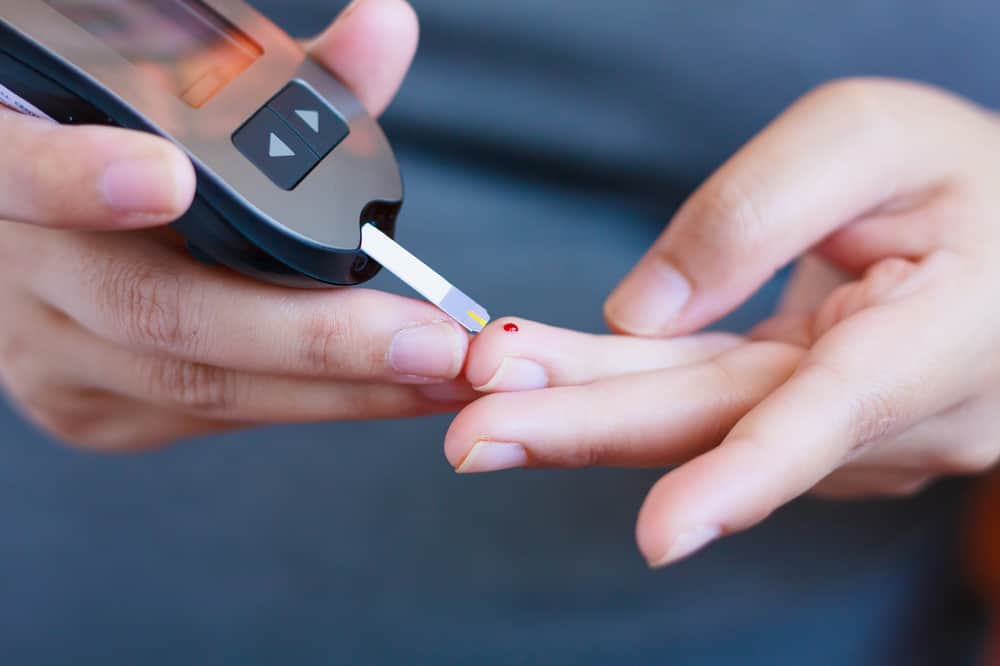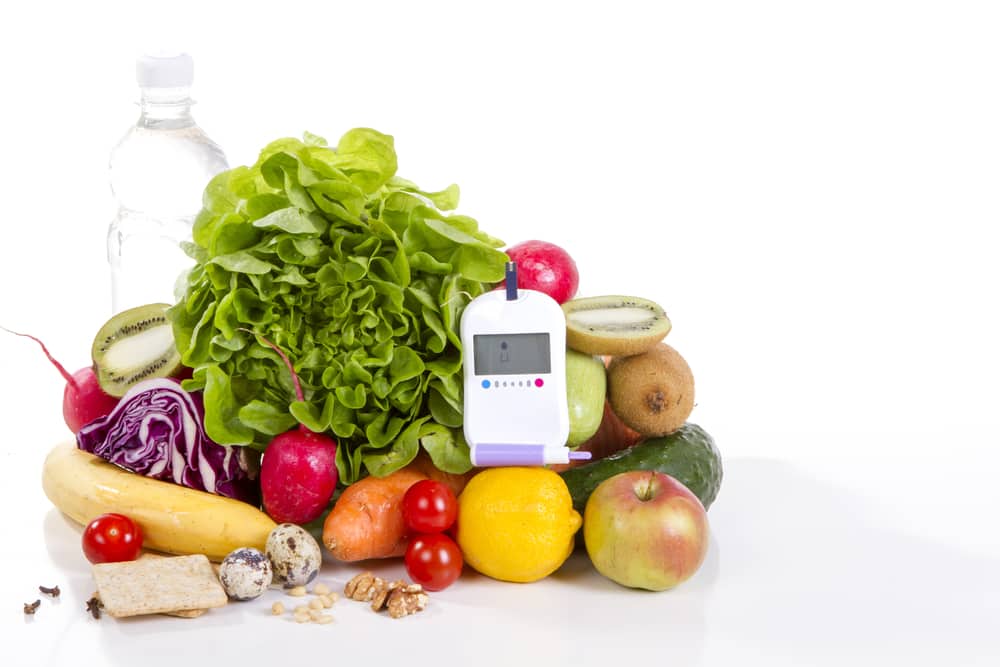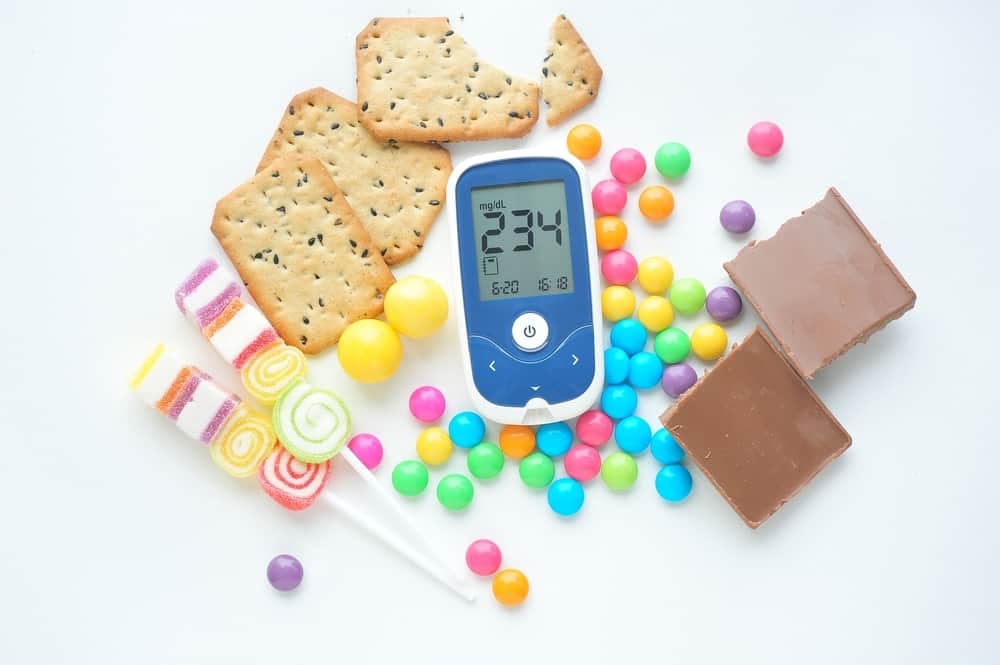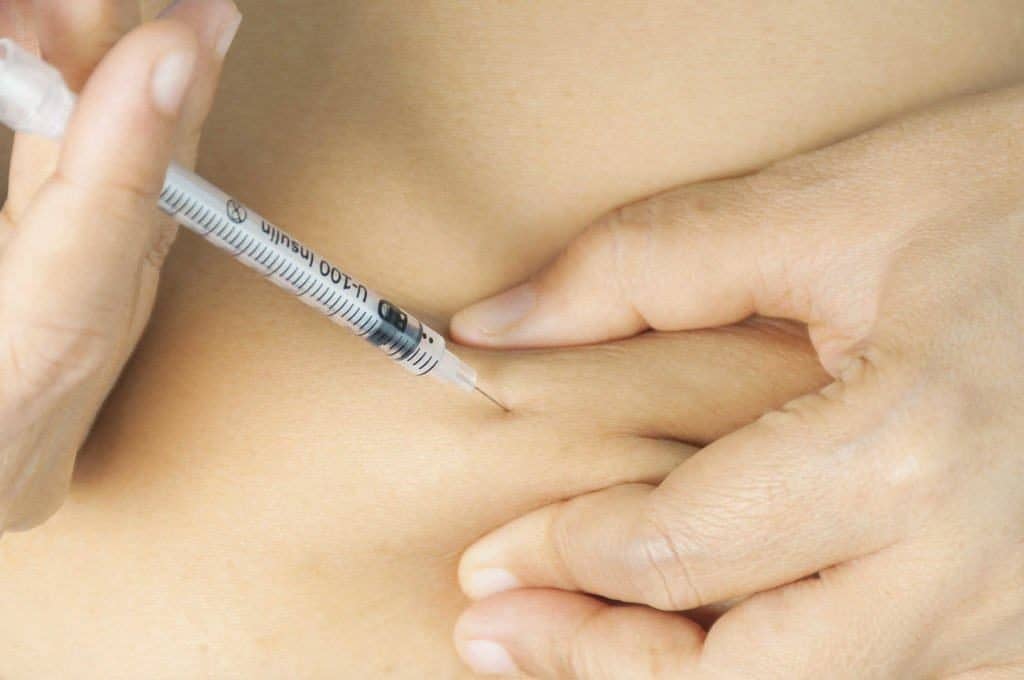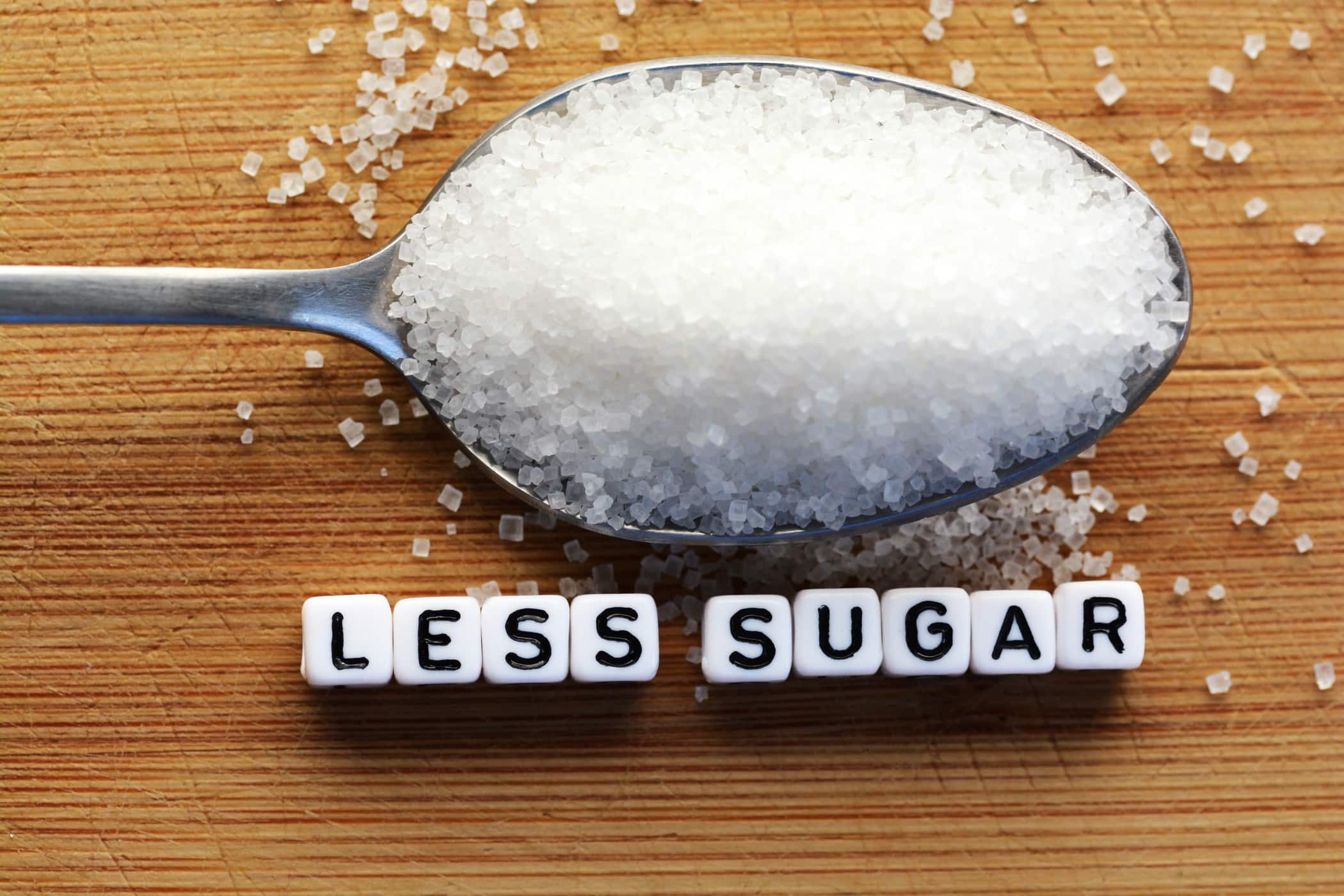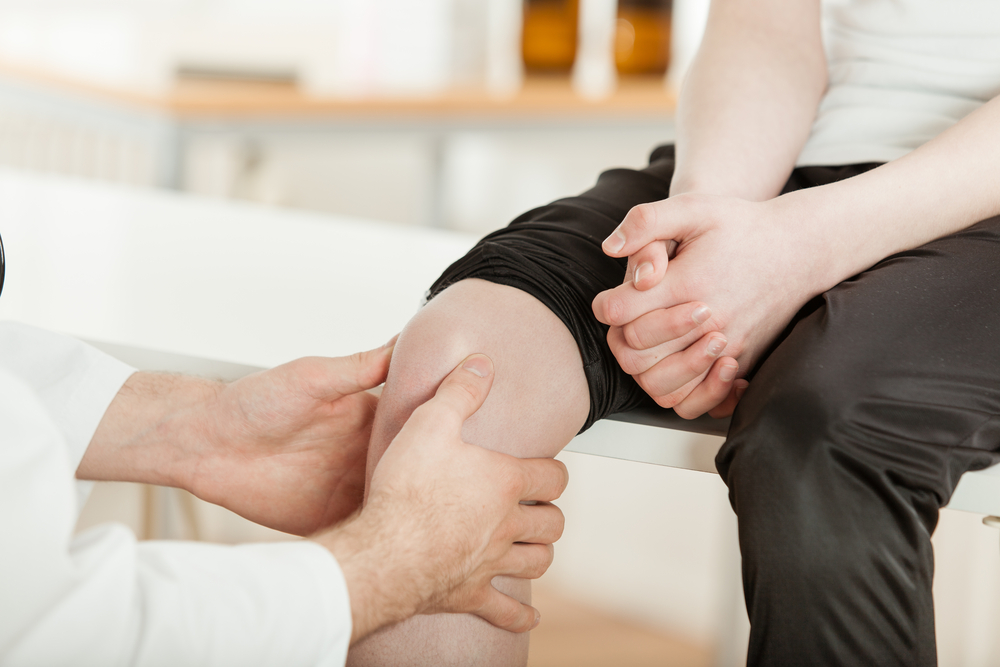Contents:
- Medical Video: 🍬 How To Lower Your A1C Levels - 10 Easy & Clinically Proven Ways - by Dr Sam Robbins
- 1. Take drugs other than diabetes medication
- 2. Dawn attack syndrome
- 3. Lack of sleep
- 4. Dehydration
- 5. Menstrual cycle
- 6. Extreme temperatures
- 7. Go on vacation
Medical Video: 🍬 How To Lower Your A1C Levels - 10 Easy & Clinically Proven Ways - by Dr Sam Robbins
According to the National Institute of Health (NIH), controlling blood sugar levels to remain stable is the key to preventing complications of diabetes further, such as kidney disease, nerve damage, vision problems, stroke, and heart disease. Unfortunately, this is not easy to do. Even though you have followed your doctor's advice to avoid stress, apply a healthy diet and discipline to take medicine, sometimes blood glucose can easily go up and down.
One other way to control blood glucose levels for diabetics is to recognize unexpected factors that can affect the rise and fall of blood glucose. So, what are the unexpected factors? Find out the answers in this article.
Various things can affect the rise and fall of blood sugar
1. Take drugs other than diabetes medication
Medicines taken to treat diseases other than diabetes can worsen blood glucose levels. An extreme example is steroid drugs (to treat autoimmune disorders or asthma), can make blood glucose rise quickly. Not only that, contraceptive pills (family planning pills), antidepressant drugs, and nasal congestion can also make your blood glucose experience a slightly higher increase.
Talk to your doctor first if you are going to take a new drug. Even if the drug is without a doctor's prescription. Ask if the medication you will be taking will interact with the diabetes drug you are taking or not.
2. Dawn attack syndrome
Some people with diabetes often experience an increase in blood glucose in the morning, even though before bedtime the glucose measurement results show normal. This happens because the body releases certain hormones around 3-4 in the morning. This hormone causes the body to become less sensitive to insulin and in people with diabetes cause their blood glucose levels to rise.
Not only that, the morning can also make your blood glucose levels low if at night before bed you consume too much medication or insulin, or even eat less enough at night.
3. Lack of sleep
Lack of rest at night not only affects your mood and energy in the morning, but also your blood glucose levels. A study published in Diabetes Therapy Journal, it is known that lack of sleep will increase your risk of developing diabetes and difficulty controlling blood glucose and insulin sensitivity if you already have this disease.
This happens because lack of sleep in the long term will cause chronic stress in the body, and whenever we stress blood glucose levels will rise.
4. Dehydration
Who would have thought if dehydration also in fact can cause your blood glucose levels to rise and fall. Lack of fluid can increase blood sugar levels because circulation of sugar becomes more concentrated (thickens). Whereas, when blood glucose increases, the body releases more urine, which in turn can trigger you to become dehydrated.
For some people, the application of rules 8 glasses per day able to fulfill their daily fluid intake. However, people who are overweight and active in activities generally need a larger fluid intake. That is why, fulfill your daily fluid intake according to your needs. In essence, immediately drink every time you feel thirsty.
5. Menstrual cycle
Hormonal changes during premenstrual periods besides making mood changes, cramping sensations, and bloating, in fact can also increase blood sugar levels slightly, although this effect is different for everyone.
Some women with diabetes are less sensitive to insulin at this time. Usually this condition occurs a week before the menstrual cycle occurs and will return to normal when the menstrual cycle begins.
6. Extreme temperatures
Extreme temperatures, whether it's hot or very cold, can disrupt the regulation of blood glucose levels. Every person with diabetes has a different response to changes in temperature of this system.
For some people, high temperatures can cause blood vessels to dilate, which can increase insulin absorption and potentially cause low blood sugar. While for some other people, this high temperature will increase blood glucose levels, because high temperatures stress the body system.
7. Go on vacation
Traveling or going on vacation to a place far away, where requiring you to skip some time zones is a big problem for people with diabetes. Because, changes in time can interfere with medication schedules and their eating and sleeping habits.
Well, this is what will affect the rise and fall of your blood glucose levels. Consult your doctor first before you decide to travel far.

